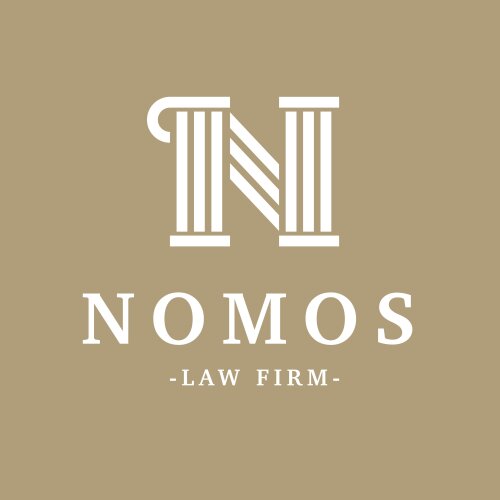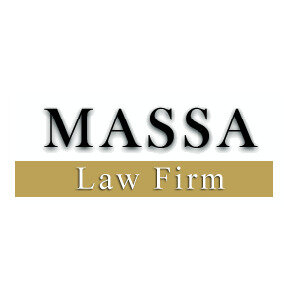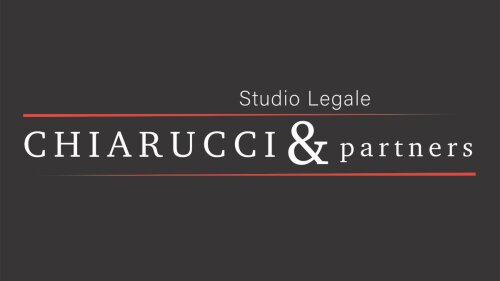Best Merger & Acquisition Lawyers in Italy
Share your needs with us, get contacted by law firms.
Free. Takes 2 min.
Or refine your search by selecting a city:
List of the best lawyers in Italy
About Merger & Acquisition Law in Italy
Merger and Acquisition (M&A) law in Italy is a critical component of corporate law, focusing on the legal implications of corporate restructuring, business sales, and amalgamations. Italy, being a member of the European Union, aligns its M&A legal framework with EU directives, while maintaining unique national stipulations. The Italian M&A market is characterized by a diverse range of domestic and cross-border transactions. Key sectors include manufacturing, financial services, and technology. M&A activities in Italy are governed by a combination of national laws and EU regulations, which address company acquisitions, antitrust concerns, and shareholder rights.
Why You May Need a Lawyer
Engaging a lawyer is essential in several scenarios during M&A activities. Legal expertise is crucial for navigating complex regulatory requirements, conducting due diligence, and ensuring compliance with corporate governance standards. Lawyers also facilitate negotiations, draft and review contracts, and help manage risk associated with potential liabilities and litigation. Furthermore, legal counsel is essential in addressing antitrust and competition issues that may arise during mergers and acquisitions, particularly in industries subject to heavy regulation.
Local Laws Overview
Italian M&A transactions are subject to a comprehensive legal framework that includes civil codes, commercial regulations, and EU competition laws. Key aspects include:
- Civil Code: Governs contractual obligations and the corporate structuring of M&A transactions.
- Consolidated Financial Act (TUF): Regulates acquisitions involving publicly traded companies and establishes rules for corporate governance and transparency.
- Italian Antitrust Law: Close attention is paid to market competition, necessitating the involvement of the Italian Competition Authority (AGCM) in large transactions.
- EU Regulations: Important for cross-border transactions, particularly concerning competition and merger control.
- Foreign Investment Restrictions: Recent focus on critical sectors like defense and energy, requiring governmental clearance for foreign investments.
Frequently Asked Questions
What is the typical process for completing an M&A deal in Italy?
The process usually involves preliminary agreements, extensive due diligence, negotiations, regulatory approvals, final drafting of contracts, and the closing of the deal.
What due diligence is required in an Italian M&A transaction?
Due diligence typically covers financial audits, legal compliance checks, assessment of contractual obligations, tax evaluations, and environmental audits.
How does the Italian government regulate foreign investments in M&A transactions?
The Italian government can review foreign investments in strategic sectors under “Golden Power” regulations to protect national interests.
What role does antitrust law play in Italian M&As?
Antitrust law ensures that mergers do not significantly impede market competition. Approval from the AGCM might be necessary for transactions exceeding certain thresholds.
Are there specific disclosures required for a public company acquisition?
Yes, public companies must adhere to strict disclosure obligations under the TUF, ensuring transparency and protecting shareholder interests.
What happens if an M&A deal violates Italian competition laws?
Violations may result in fines, injunctions, or the transaction being blocked by regulatory authorities.
How are employee rights safeguarded during M&A activities?
Italian labor laws ensure the protection of employee rights, including mandatory consultations and retaining employee terms post-merger.
Is board approval necessary for completing an M&A transaction?
Yes, board approval is generally required, and in certain cases, approval from the shareholders is also mandatory.
What are the taxation implications in M&A deals in Italy?
Various tax implications can arise, including capital gains tax, VAT adjustments, and stamp duties. Proper tax planning is crucial.
Can M&A transactions be challenged in court?
Yes, parties can challenge M&A transactions in court based on concerns like breach of fiduciary duty or violation of regulatory statutes.
Additional Resources
To gain deeper insights and assistance in M&A in Italy, consider consulting the following resources:
- Italian Competition Authority (AGCM): Offers guidelines on competition laws related to M&A.
- Italy's Ministry of Economic Development: Provides information on foreign investment regulations.
- International Bar Association: Offers resources on global M&A practices.
- Chamber of Commerce: Can provide insights into local business landscapes and M&A opportunities.
Next Steps
If you are considering or involved in an M&A transaction in Italy, it is advisable to seek specialized legal assistance. Begin by consulting with a lawyer experienced in Italian M&A law. Prepare all necessary documents, outline your business objectives, and understand the regulatory environment to facilitate a smooth transaction. Engaging with local experts and regulators early in the process can also alleviate potential legal hurdles.
Lawzana helps you find the best lawyers and law firms in Italy through a curated and pre-screened list of qualified legal professionals. Our platform offers rankings and detailed profiles of attorneys and law firms, allowing you to compare based on practice areas, including Merger & Acquisition, experience, and client feedback.
Each profile includes a description of the firm's areas of practice, client reviews, team members and partners, year of establishment, spoken languages, office locations, contact information, social media presence, and any published articles or resources. Most firms on our platform speak English and are experienced in both local and international legal matters.
Get a quote from top-rated law firms in Italy — quickly, securely, and without unnecessary hassle.
Disclaimer:
The information provided on this page is for general informational purposes only and does not constitute legal advice. While we strive to ensure the accuracy and relevance of the content, legal information may change over time, and interpretations of the law can vary. You should always consult with a qualified legal professional for advice specific to your situation.
We disclaim all liability for actions taken or not taken based on the content of this page. If you believe any information is incorrect or outdated, please contact us, and we will review and update it where appropriate.
Browse merger & acquisition law firms by city in Italy
Refine your search by selecting a city.
















